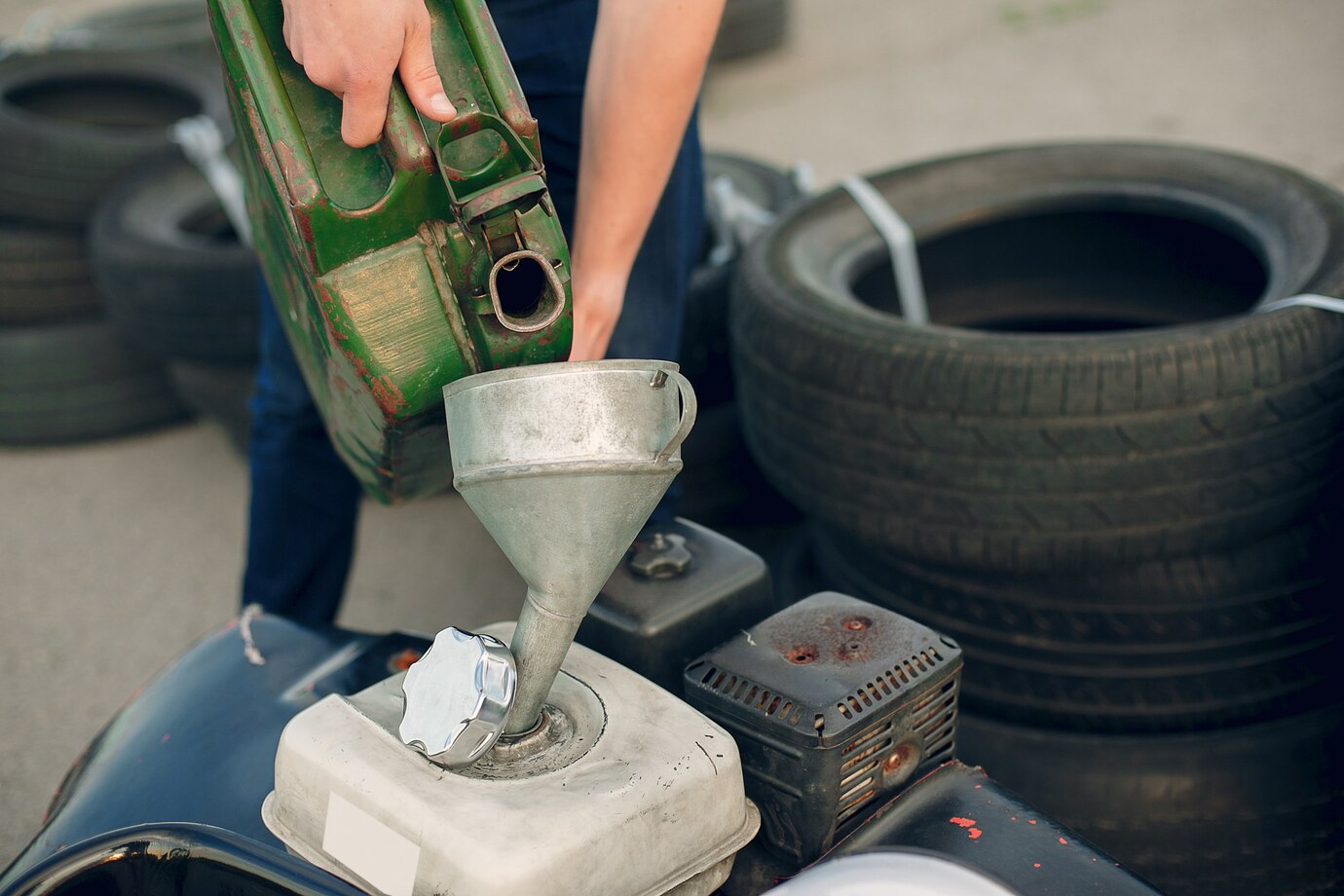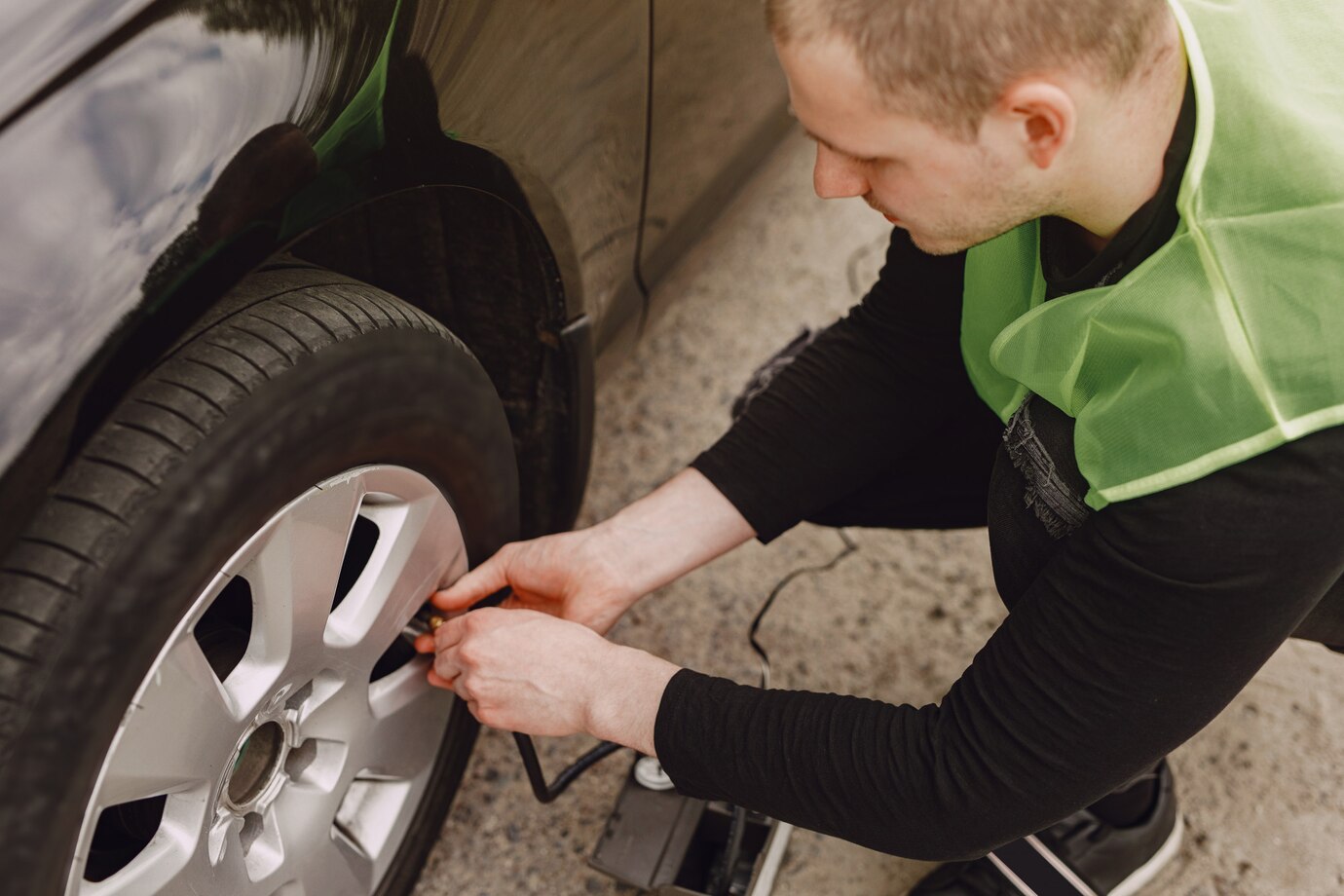
How To Choose the Right Tyres For Your Car?
Choosing the right tyre for your car is essential for safety, performance, and fuel efficiency. Many drivers overlook the importance of tyres, but they play a crucial role in ensuring a smooth and safe ride. With so many tyre options available, selecting the best one for your car can be confusing. This guide will help you understand the key factors to consider when choosing tyres.
1. Always Consider Your Car Weighing
Every car has specific categories of tyres that go with it. The best source for tyre-related information for your car will be either the owner's manual or the tyre placard, usually located at the driver's side door and in the glove box. It bears vital information like the tyre size, load index and speed rating.
Key Factors That Affect Tire Lifespan
Before we dive into how to check the lifespan of your tires, it's important to understand the factors that affect tyre life.
2. Familiarize Yourself with Tyre Types
Tyres are differentiated according to the prevailing driving conditions: Summer Tyres perform best in warm weather with excellent grip. Winter Tyres are explicitly made for snow and ice road traction. All-season tyres are where these two ends meet: moderate summer and mild winter. Performance tyres Are meant for sports cars, maximizing those speeds and handling. Off-road tyres Are Designed for rough terrains, such as SUVs and 4x4s.
3. Consider Your Driving Style
Driving habits and surroundings will affect tyre choice. Search for tyres that will be durable and fuel-efficient for highway driving. For city driving, comfort and silence should be prioritized. If your driving involves regular operations on rough and muddy roads, all-terrain or off-road tyres will be your best option.
4. Check the Tyre Size
The size of a tyre is usually inscribed on the sidewall, where it is presented in such a format, e.g., 205/55R16. Here is what it means:
205: Width of the tyre in millimetres.
55: Aspect ratio (height against width).
R16: Radial construction with 16 inches wheel diameter.
Using an incorrect size of tyre will affect your car's performance and fuel efficiency; thus, using the recommended size is a must.
5. Note the Tread Pattern
Tire treads affect the friction with the ground as well as driving properties. The following are the basic types of treads:
- Symmetrical treads are ideal for everyday driving, offering a balanced performance with even wear. They ensure a smooth and comfortable ride while providing reliable traction on dry and wet roads.
- Asymmetrical treads are designed to enhance both safety and performance. They provide superior cornering stability, ensuring better control while turning at high speeds.
- Directional treads are designed for high-speed performance, offering excellent water dispersion to reduce the risk of hydroplaning. Their V-shaped pattern enhances traction on wet roads, ensuring stability and control in rainy conditions.
6. Check the Quality and Brand
Good-branded tyre companies tend to offer more safety, durability, and performance. Cheap tyres will save you money on the purchase but may cause you higher operating costs when they stop providing the service and start wearing faster, consuming more fuel. Investing in expensive tyres will yield great long-term benefits.
7. Check for the Manufacturing Date
Even if they appear new, tyres have a lifespan. Always check the DOT code on the sidewall tells you when the tyre has been manufactured. So, if a tyre is older than six years, then it is likely that it will not perform well, and you should change it. Avoid buying tyres older than 5-6 years, as rubber degrades over time, even if unused. Older tyres may have reduced grip, increased risk of failure, and compromised safety. Always choose the freshest tyres possible for optimal performance and longevity.
8. Compare Costs and Warranty
When comparing the costs and warranties of tyres, consider both the upfront price and the long-term value. Cheaper tyres may save money initially but might wear out faster, leading to more frequent replacements. Premium tyres often offer better durability, fuel efficiency, and performance. For warranty, check coverage for tread life, manufacturing defects, and road hazard protection. Some brands offer prorated replacements if the tyres wear out prematurely. Always balance cost with warranty benefits to ensure the best value for your needs.
Conclusion: The Best Tyre for Your Car Depends on Your Needs
Selecting the right tyre for your car is crucial for safety, comfort, and performance. Always consider your car’s specifications, driving habits, and road conditions before making a decision. Investing in good-quality tyres will enhance your driving experience and keep you safe on the road. Would you like help in choosing a tyre based on your specific car model?

 27-02-2025
27-02-2025
